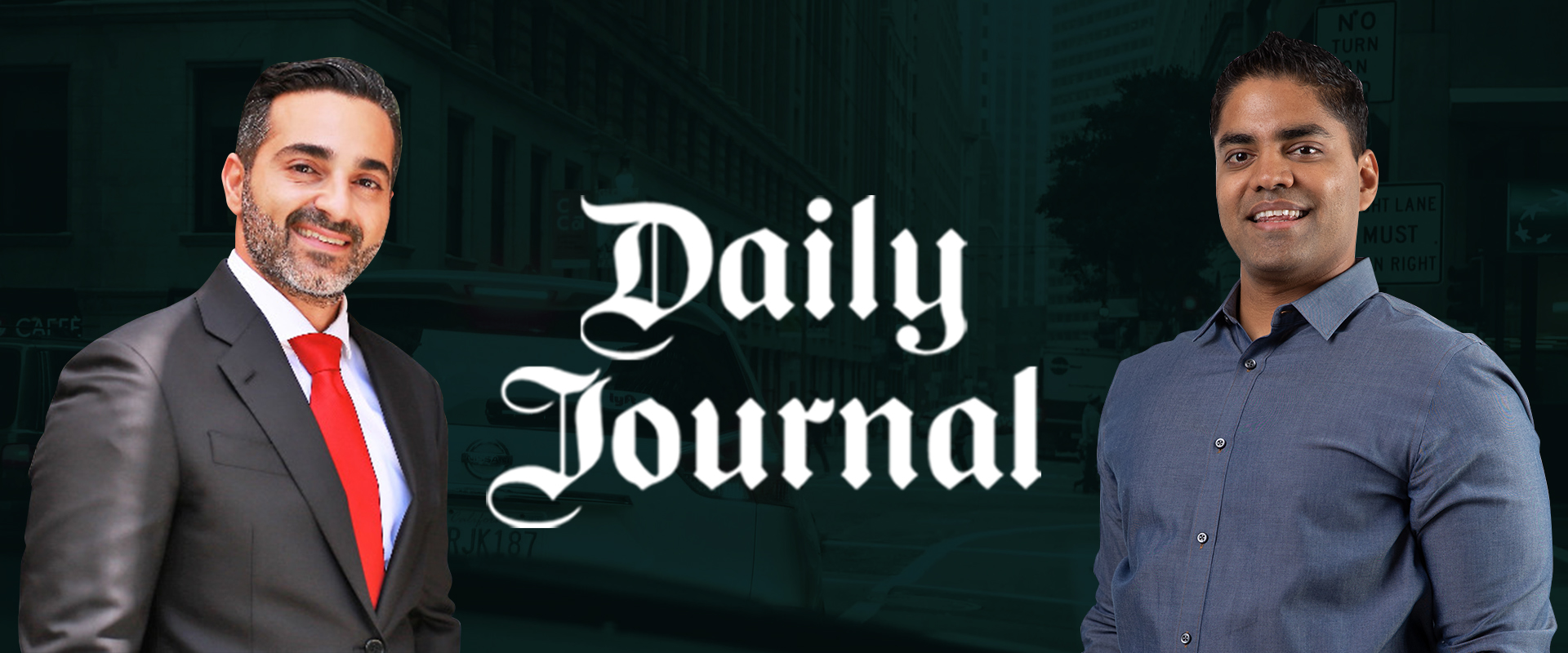
DECEMBER 19, 2022 [ARTICLE]
The Daily Journal published an article from Compliant Clients managing partner Survam Patel and California attorney Matt Zar on how California law allows lawyers to categorize medical transportation and prescription costs as recoverable damages if they leverage “on lien” arrangements.
In their article, “The benefits of ‘on lien’ compensation models in PI cases,” Patel and Zar note that most personal injury lawsuits fail on evidence that injured plaintiffs had failed to mitigate their damages. Defense attorneys typically raise this argument whenever a plaintiff fails to keep up with their healthcare appointments or follow their post-injury treatment plans. However, Patel and Zar note that California law offers a workaround allowing injury victims and their attorneys to claim supposedly non-compensable case expenses — including nonrecourse appointment transportation and prescription costs — as compensable damages.
How? By pursuing transportation-on-lien and prescription-on-lien arrangements with vendors under a letter of protection. Patel and Zar explain that these approaches tie into a California lawyer’s obligation to satisfy liens filed against a client upon settlement or judgment.
“Clients seeking medical treatment on a ‘lien basis’ are treated synonymously as uninsured clients, and thus the measure of damages is determined by the ‘reasonable value’ of the services rendered,” Patel and Zar write. “An uninsured plaintiff, or plaintiff seeking treatment on a lien basis, may introduce evidence of the amounts billed for medical services to prove the reasonable value of those services.”
Patel and Zar add that although California courts are open to allowing lawyers to front certain costs and claim on-lien medical arrangements as compensable damages, attorneys should be careful to firm up these arrangements to survive common defense counsel arguments. Considerations plaintiff-side lawyers should think about include how to best structure any transportation-on-lien or prescription-on-lien arrangements to avoid appearances of bias, reduce the likelihood of overtreatment and ensure reasonable billing and payment practices.
Still, they note, the openness of California courts to recognizing “on-lien” medical arrangements and related costs as damages gives plaintiff-side lawyers new avenues for strengthening the case values of their clients.
“In the end, lawyers do have options under California law when seeking compensation for medical transportation costs and prescriptions that firms typically expense out,” Patel and Zar write.

